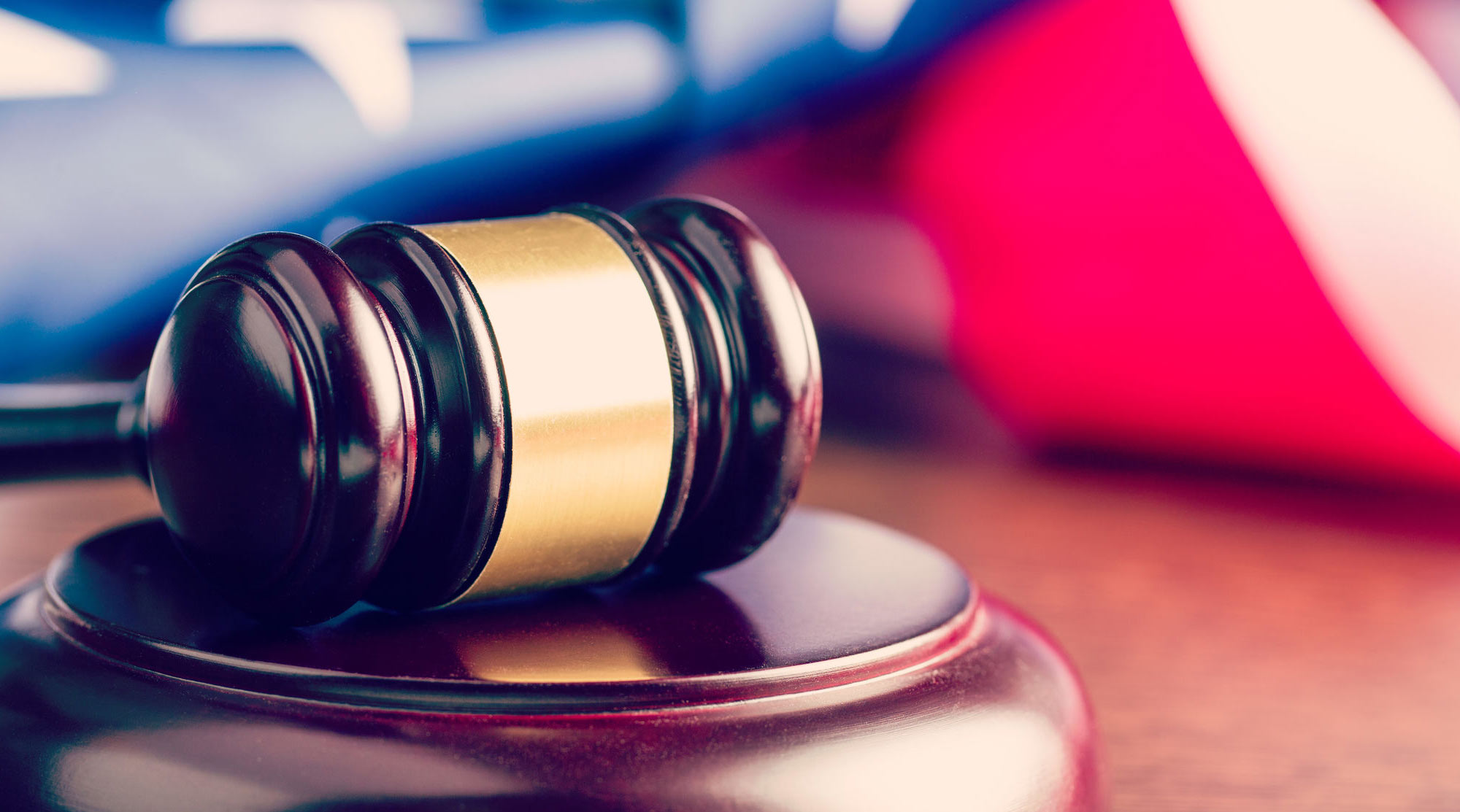
Facing a federal indictment is a nerve-wracking experience for anyone. Choosing the correct course of action is integral to having the indictment dropped and the charges dismissed. Not every attorney is equipped to handle the defense against a federal case, and choosing an experienced criminal defense lawyer is key to coming out on top.
Once you or a loved one has received notification that a federal grand jury has handed down an indictment, the first step is to seek legal advice immediately.
Federal agencies have deep resources, and oftentimes, an indictment is only the beginning of a serious legal battle. An attorney will consider the indictment’s details and build a defense to get the charges dropped.
Federal charges involve crimes that have:
Federal charges may be dropped if the prosecution finds the evidence to be inadmissible, insufficient, or incorrect. Indictments don’t indicate that a crime was absolutely committed but that there is reason enough to believe that one has. Indictments are handed down after a grand jury has heard the available evidence — though evidence can change as a case moves along.
Federal charges are more serious than state charges for several reasons. The federal government has nearly infinite resources to use when building a case against an individual. These cases take months, if not years, to build before they’re heard in a courtroom. While not always, federal charges can carry heftier sentences and consequences than state cases.
An indictment is a formal accusation of criminal wrongdoing. At the federal level, indictments are typically only required for felonies that will eventually be heard in a federal courtroom. Once an agency, such as the FBI, DEA, or Secret Service, has begun to build a case, they will take preliminary evidence to a federal grand jury — a panel of 23 citizens. If the grand jury deems the individual under investigation a probable suspect, an indictment will be issued by the federal government.
Once an indictment has been issued and the defendant has been made aware, the case will proceed to trial within 70 days unless charges are dropped sooner. During this period, the government must provide the defendant with all material it intends to use at trial. A defense attorney will sort through all documents before discussing options with their client, such as filing a motion to dismiss the charges or preparing the case for trial.
Once an indictment has been filed, there are five common outcomes.
The best outcome for a defendant is a dismissal of the case without having to sit for a jury trial. When a case is dismissed or charges are dropped, the prosecution can seek additional charges in the future after collecting more evidence.
Prosecution within a federal court has over a 90% conviction rate. However, only 2% of federal cases end up going to try, as many defendants lose to the federal government’s intimidation game. Hiring Daniel R. Perlman’s hard-hitting legal team is essential to preparing for trial and securing dismissed or reduced charges.
Most commonly, prosecutors are forced to drop cases due to insufficient evidence. Without the necessary evidence, reasonable doubt is increased, and going to trial can result in an expensive loss for the federal government.
Charges may also be dropped due to illegally obtained evidence that would be inadmissible in a courtroom. While this evidence may be a smoking gun, the prosecution can’t base their argument around it if it isn’t admissible.
Charges can be dropped by the prosecution, while dismissed charges can be done by only the judge overseeing the case. For a dismissal, the case must have gone to trial and this typically only happens once the prosecution is in the latter stages of their case. Judges will dismiss charges if they see a lack of evidence or if the evidence was deemed illegally collected.
The prosecuting attorney can choose to reduce charges levied against the defendant. A defense attorney can advocate for their client to have charges dropped or reduced before the case ever goes to trial. The prosecutor may choose to reduce the charges due to a lack of evidence to support the original charge or if a plea bargain is put onto the table.
A defendant’s best chance of getting federal charges dropped or dismissed is to hire an experienced defense attorney.
An attorney with many years of experience behind them has the foundation of knowledge necessary to navigate the complex legal system. When pitted against the federal government’s deep pocket of resources and tools, defense attorneys rely on their knowledge of the law and attention to detail to poke holes in the prosecution’s case.
The most important thing after being notified of a federal indictment is hiring an experienced legal professional like Daniel R. Perlman and his team. Daniel is a former prosecutor with years of experience fighting federal cases, which allows him to provide fact-based and actionable advice for your case. Schedule a free, no-commitment consultation today.
If you’re looking to hire an advocate for upcoming legal proceedings, call Daniel R. Perlman at (747) 302-6938. Daniel has a well-rounded and robust team of staff to help navigate your particular case and seek the best possible outcome.
Request Your
Confidential Consultation
Fill out the contact form or call us at (818) 383-6692 to schedule your free consultation.
"*" indicates required fields